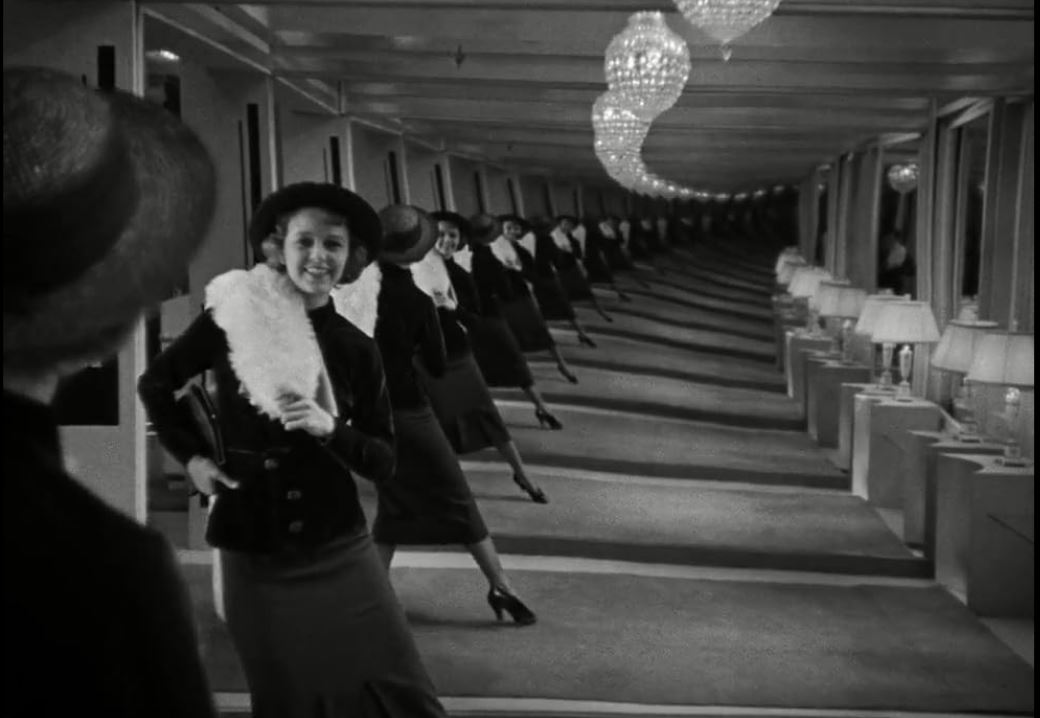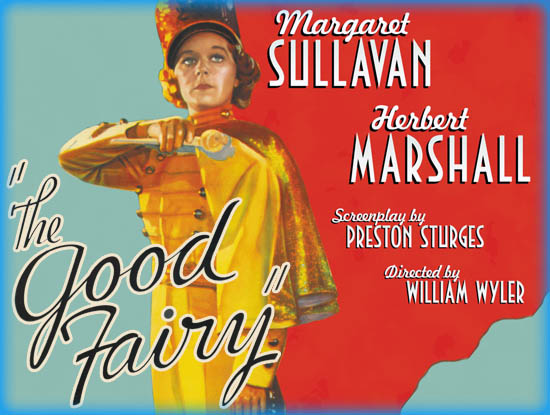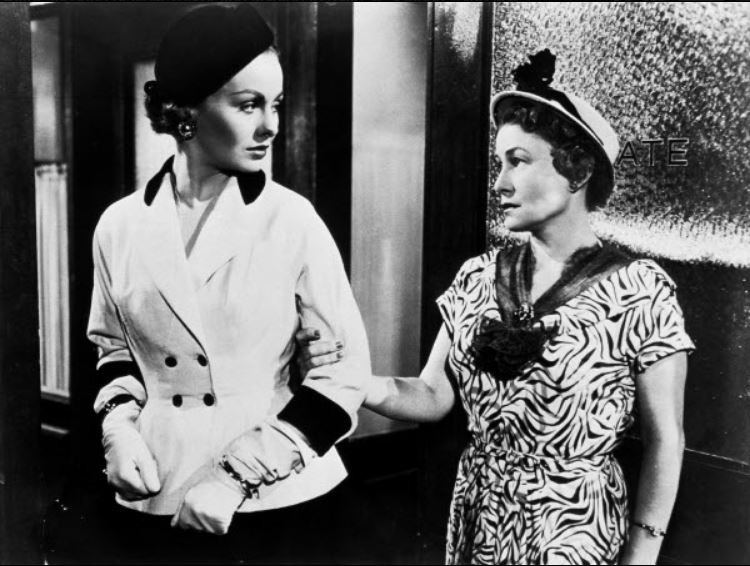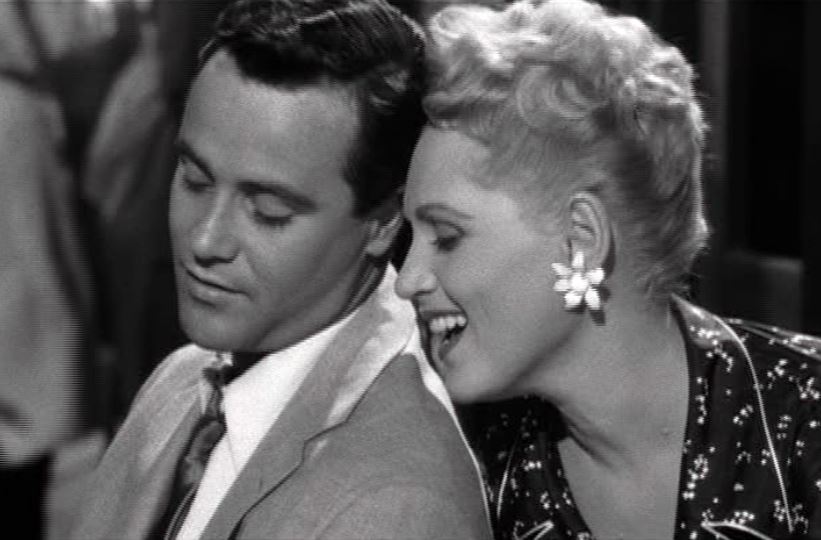
When the TCM Classic Film Festival opens its 15th year in Hollywood this week, you may well choose to see some of the high-profile events at the festival—the star-studded opening night screening of Pulp Fiction, Lady Sings the Blues with co-star Billy Dee Williams in person, North by Northwest introduced by filmmaker Nancy Meyers, or even my own all-time favorite movie, Lawrence of Arabia, always irresistible to see on the big screen.
But if you’re also interested in catching a few lesser-known movies, here are a few suggestions. The festival has provided some guidance with a category called “Discoveries,” and you will enjoy spending some time with forgotten stars and directors. For example, the festival will screen director William Wyler’s early film, The Good Fairy, made in 1935. Wyler directed very few comedies over the course of his long career, though he made a memorable one, Roman Holiday, which earned Audrey Hepburn an Oscar in 1953. The Good Fairy is not revived nearly as often, even though it has a screenplay by Preston Sturges, who would go on to direct several classic comedies of his own during the 1940s. And it has a tasty cast; Margaret Sullavan plays an usher in a movie theater, and there’s even a movie-within-a-movie that shows up on screen. The men in her life are played by Herbert Marshall, Frank Morgan, Reginald Owen, and Cesar Romero.

The movie is probably best remembered now for its offscreen shenanigans. Wyler and Sullavan fought constantly at the beginning of the shoot. He invited her to dinner to try to ease the tension, and they ended up getting married shortly before the film was completed. (The marriage did not last long. Sullavan was married four times in all, including a brief early marriage to Henry Fonda and a longer one to producer Leland Hayward; that marriage supplied a large part of the subject matter of their daughter Brooke Hayward’s best-selling memoir, Haywire.)
The screening offers a good opportunity to rediscover Wyler, one of the most honored directors in Hollywood history. He received his first Oscar nomination the year after The Good Fairy, for 1936’s Dodsworth. He went on to receive 12 Oscar nominations in all, the most for any director in history. (He won three, second only to John Ford’s four.) Martin Scorsese received his tenth nomination this year for Killers of the Flower Moon, so he’s closing in on Wyler’s record. But Scorsese is over 80 (Wyler died at 79). Could he catch up? It’s possible, but he’s got to work fast!

Another TCM Discovery, which I unearthed a few years ago, is The Model and the Marriage Broker from 1951. George Cukor was known as a fine director of actresses, and here he drew revealing performances from leading ladies Jeanne Crain and Thelma Ritter. Ritter received several Oscar nominations in the supporting actress category, most often playing a salty second banana. Here she plays a rare leading role, a no-nonsense divorcee who uses her own disappointments in love to provide wise counsel to men and women trying to connect. She’s a cross between the matchmaker from Fiddler on the Roof and a more contemporary computer dating guru.
Crain also flowers under Cukor’s direction. There’s an early scene in which Ritter discovers that Crain is having an affair with a married man. The camera moves in slowly on Crain’s face as Ritter advises, “Let him go,” and the younger actress conveys a mixture of resistance, resignation and shame. The scene demonstrates Cukor’s subtle work with actors as well as his ability to bring adult material to the screen even during an era when the censorious Production Code often shackled filmmakers. The sharp script was provided by Charles Brackett, Walter Reisch, and Richard Breen.

Cukor also scored with his 1954 comedy, It Should Happen to You, which is not included in the Discoveries category at the TCM Festival but certainly could have been. It plays on Friday with Julia Sweeney on hand to introduce. Judy Holliday, who had appeared in Adam’s Rib (one of the great Hepburn-Tracy movies directed by Cukor) and won an Oscar under Cukor’s direction in Born Yesterday, plays Gladys Glover, a woman who arrives in New York determined to make a name for herself. She spots an opportunity when she sees an empty billboard in Columbus Circle. She pays to put her name on the billboard and soon finds herself famous for being famous, a forerunner of various Hiltons and Kardashians. Soon all of the city wants to know more about the mysterious Gladys Glover, and advertisers want to use her name to sell their products.
The film, written by frequent Cukor collaborator Garson Kanin, has some biting, still-relevant comments to make about the cult of celebrity. Perhaps the ending, in which Gladys renounces the idea of fame in favor of domestic bliss, demonstrates the biases of the 1950s, in which ambitious women had to be tamed. But up until then, the script is witty and barbed. Cukor was known for being a “woman’s director,” and he certainly drew fine performances from a lot of actresses. But It Should Happen to You also introduced Jack Lemmon as a documentary filmmaker, and he makes a vivid impression in his very first screen role.
Savor these three modest black-and-white movies along with the Technicolor spectacles on display at TCM.
15th TCM Classic Film Festival 2024 | venues around Hollywood Boulevard | Individual and Festival passes here
Stephen Farber, former president of the Los Angeles Film Critics Association, is a frequent contributor to The Hollywood Reporter and Los Angeles Times. He is the author of five books on Hollywood history. He is host of Reel Talk, presented with Landmark Theatres, and Anniversary Classics, presented with Laemmle.

